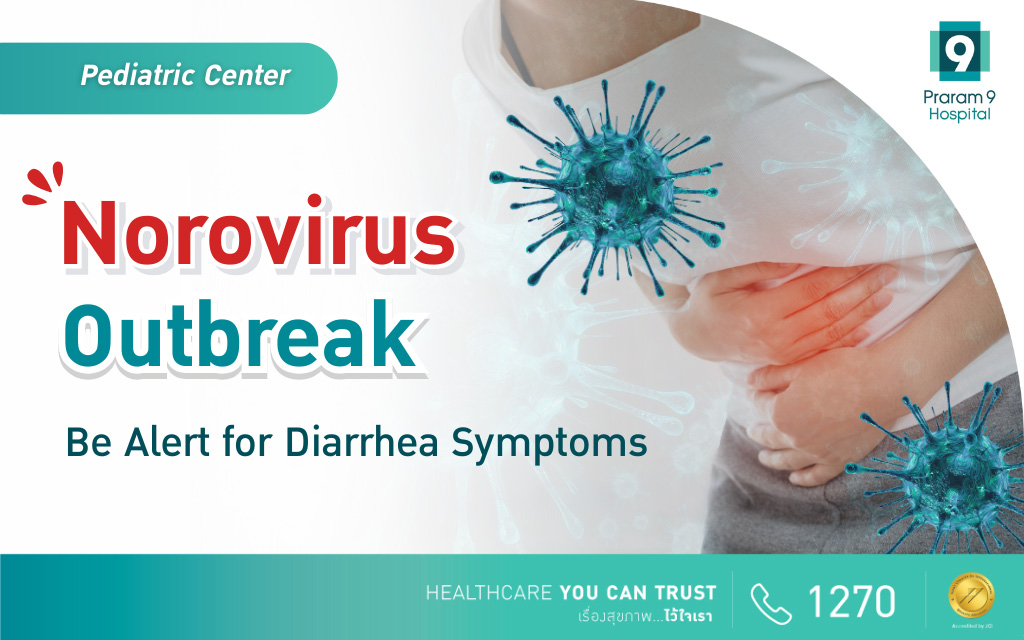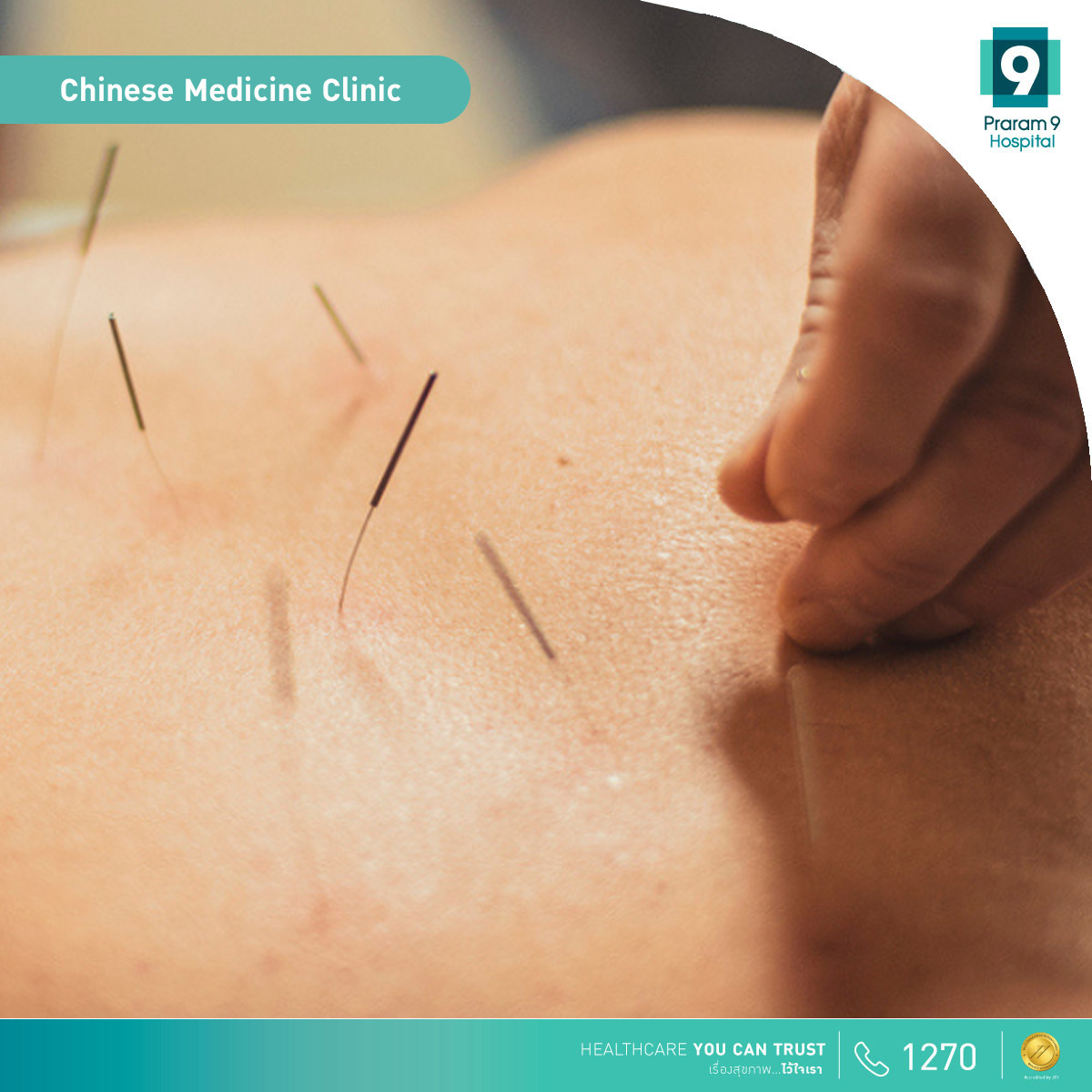10 Signs to Check for Thyroid Disorder
1. Fatigue, feel tired easily, and heart palpitation
Patients with hyperthyroidism will affect the heart function, which causes the feeling of tiredness, heart palpitation, or fatigue or the feeling of inactiveness when having hypothyroidism.
2. Hair loss
Hyperthyroidism or hypothyroidism can cause hair loss.
3. Insomnia
Insomnia can often threaten you even though you can sleep easily and always have a deep sleep because if the thyroid becomes abnormal, it might secrete too much hormones until stimulating the central nervous system and disturbing our relaxation.
4. Feeling sleepy all the time
Can occur in hypothyroidism, which might cause fatigue and discomfort.
5. Abnormal weight gain or weight loss
In the disorder of thyroid gland in a way that it secretes too much hormones making the metabolic system overactive in hyperthyroidism, the weight will reduce quickly. When the thyroid is underactive, the weight will gain easily due to low metabolism.
6. Feel hungry frequently or have low appetite
When the thyroid works harder, it might cause the feeling of hunger frequently. You will eat more, but the weight is reduced.
7. Abnormal excretion
Go to the toilet less than normal or having constipation frequently even if having vegetables and fruits due to lack of underactive thyroid. In hyperthyroidism, the intestine will work more, which causes frequent secretion. In hypothyroidism, the constipation might be found.
8. Feel cold or feel more sensitive to heat
Thyroid gland does not secrete hormones in an adequate amount, which causes the metabolic system to work slower. The heat in the body will reduce. The symptoms of hyperthyroidism are feeling sensitive to heat and sweating too much. The symptom of hypothyroidism is feeling sensitive to cold.
9. Dry skin
Hypothyroidism will slow down the metabolic system, which causes dry skin or less sweating.
10. Palpitation
Hyperthyroidism will accelerate the working process of all body parts, which causes the heart to beat fast.
Follow the article about thyroid gland disease in the next article.
Read more articles at www.praram9.com/en






